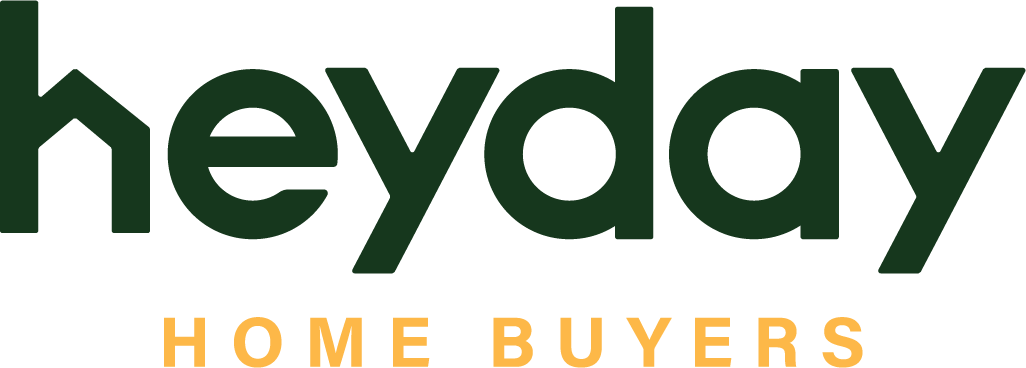Is There a Way to Avoid Disclosures?
Home disclosures are documents that are typically provided by the seller to a potential buyer when considering purchasing a home.

Do you need to disclose all of your house’s issues to a potential buyer?
If you don’t disclose a certain issue and the buyer later discovers it, are you liable to pay for it?
Are there instances where disclosures are not requested?
Disclosure documents provide information about the condition of the home, any hazards that may be present, recent renovations or repairs, any other current or past issues with the property, and any additional fees or expenses associated with the sale. Home disclosures are important for buyers to review and understand in order to make an informed decision about the purchase of the property.
While each state differs in its disclosure laws, some of the issues that need to be reported in a disclosure statement include:
• Structural damage • Plumbing issues • Electrical problems • Roof damage • Mold or mildew • Pests or infestations • Poor drainage or flooding • Fire damage • Lead or asbestos • Radon levels • Soil contamination • Neighbor or boundary disputes • Unpermitted construction or additions
If a seller is dishonest and withholds information about a known problem on his property, he is liable to be fined or sued in court. A buyer who discovers an undisclosed problem after closing may pursue legal action.
According to Investopedia, some local disclosure laws have loopholes. For instance, New York State law requires that specific problems be disclosed to a purchaser in a statement unless the seller opts to pay a $500 credit to the buyer at closing. Many sellers choose to pay the credit rather than provide the form.
There are certain instances where neither disclosures nor inspections are requested. This is often the case when an investor buys a property for cash. In such a case, the buyer purchases the property strictly as-is and is aware that they might discover potential issues.
Cash buyers usually work with competent contractors, who have experience in a wide range of home repairs. Thus, they’re confident they’ll be able to solve problems. That’s the reason they don’t ask for disclosures.
Occasionally, if there seem to be multiple issues, cash buyers may conduct an inspection but this is strictly for their own informational purposes. An inspection helps plan the necessary repairs and renovations in a home. But they will never make a deal contingent on an inspection.
Private home seekers are looking to buy a home that needs the least possible fixing up and will therefore ask for disclosure, to make sure they know about all the potential problems in the property.
That is not the case for cash home buyers. Shabby homes, in need of repairs, are the ideal fit for cash home buyers. Their expertise lies in taking a dilapidated property and transforming it into a comfortable, livable home.
From personal experience, we can tell you that we at Heyday, love dilapidated homes. We love the satisfaction that comes from transforming an old, shabby house into a new, inviting space!
Bill Beck – Head of Acquisitions, Heyday Home Buyers
So if you have an abandoned, neglected, or inherited property, your wisest route to selling it would be through a cash buyer. And if your property is in New Jersey, the obvious route is Heyday Home Buyers.
Brought to you by Steven Honig, Real Estate Investor & Consultant


